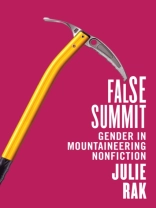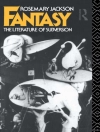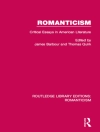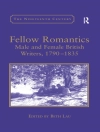The race to climb Everest catapulted mountain climbing, with its accompanying images of conquest and sport, into the public sphere on a global scale. But as a metaphor for the pinnacle of human achievement, mountaineering remains the preserve of traditional white male heroism.False Summit unpacks gender politics in the expedition narratives and memoirs of mountaineers in the Himalayas and the Karakoram. Why are women still a minority in the world’s highest places? Julie Rak proposes that the genre has itself reached a "false summit" – a peak that proves not to be the pinnacle – and that mountaineering is not ready to welcome other ways of climbing or other kinds of climbers. For more than two centuries mountaineering, as an activity and as an ideal, has helped shape how the self is understood within the context of conquest, adventure, and proximity to risk. As climbing shows signs of becoming more diverse, Rak asks why change is so hard to achieve and why gender bias and other inequities exist in climbing at all.Exploring classic and lesser-known expedition accounts from Everest, K2, and Annapurna, False Summit helps us understand why mountaineering remains one of the most important ways to articulate gender identities and politics.
Julie Rak
False Summit [PDF ebook]
Gender in Mountaineering Nonfiction
False Summit [PDF ebook]
Gender in Mountaineering Nonfiction
¡Compre este libro electrónico y obtenga 1 más GRATIS!
Idioma Inglés ● Formato PDF ● ISBN 9780228007722 ● Editorial McGill-Queen’s University Press ● Publicado 2021 ● Descargable 3 veces ● Divisa EUR ● ID 8866056 ● Protección de copia Adobe DRM
Requiere lector de ebook con capacidad DRM












